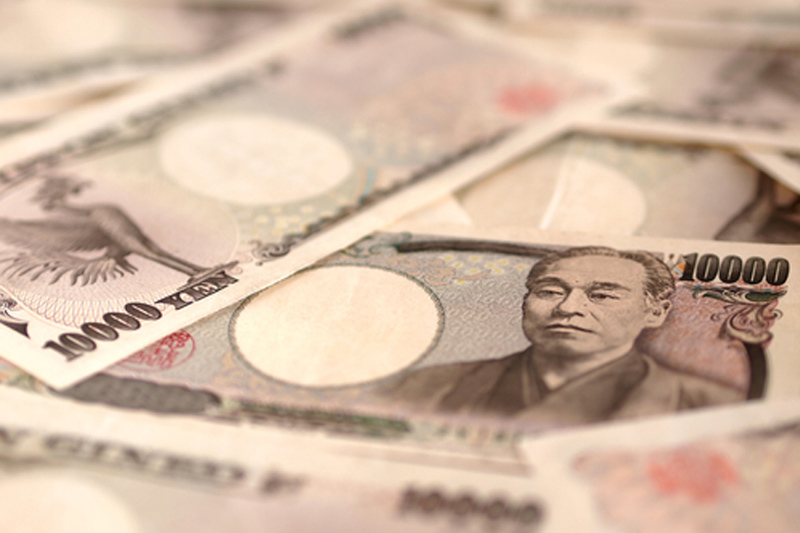Investing.com - The dollar held gains in Asia on Monday as the impact of Hurricane Irma appears to be less than originally expected though still devastating to infrastructure and initial economic impact with Goldman Sachs (NYSE:GS) shaving 1% off its Q3 GDP view, while data out of Japan provided solid monthly figures for machinery orders.
Hurricane Irma knocked out power to more than 2.4 million homes and businesses in Florida on Sunday, threatening millions more as it crept up the state's west coast, and full restoration of service will take weeks, local electric utilities said.
But after Hurricane Irma hit Florida on Sunday morning as a dangerous Category 4 storm, the second highest level on the five-step Saffir-Simpson scale, it weakened to a Category 2 with maximum sustained winds of 110 miles per hour (177 kph).
Japan reported core machinery orders for July jumped 8.0%, compared with a 4.4% gain seen on month and at a 7.5% drop, compared with an expected decline of 7.3% on year.
USD/JPY changed hands at 108.45, up 0.58%, while AUD/USD traded at 0.8041, down 0.17%.
The U.S. dollar index, which measures the greenback’s strength against a trade-weighted basket of six major currencies, rose 0.24% to 91.53.
Ahead this week, investors will be closely watching Thursday’s U.S. inflation report for fresh clues on the possible timing of the next Fed rate hike. A monetary policy announcement by the Bank of England will also be in focus along with industrial production form China.
Last week, the dollar slumped to more than two-and-a-half year lows against a basket of the other major currencies on Friday amid growing doubts over whether the Federal Reserve will be able to deliver another interest rate hike this year.
The index ended the week down 1.55%, the largest weekly percentage decline since late June.
Diminished expectations for a third rate hike this year compounded by heightened tensions with North Korea and worries over the economic impact of hurricanes in the southeastern U.S. pressured the dollar lower.
Concerns over political turmoil in Washington have also fed into recent dollar weakness. An agreement to postpone U.S. debt ceiling talks until December, which would coincide with the Fed's policy meeting have diminished chances for a rate hike.
The dollar ended the week down 2.2% against the Japanese currency, the biggest weekly percentage decline in around 13 months.
Demand for the single currency continued to be underpinned after European Central Bank President Mario Draghi indicated Thursday that the bank may start tapering its massive stimulus program this autumn.
The pound was boosted by stronger than expected data on UK manufacturing output growth.
